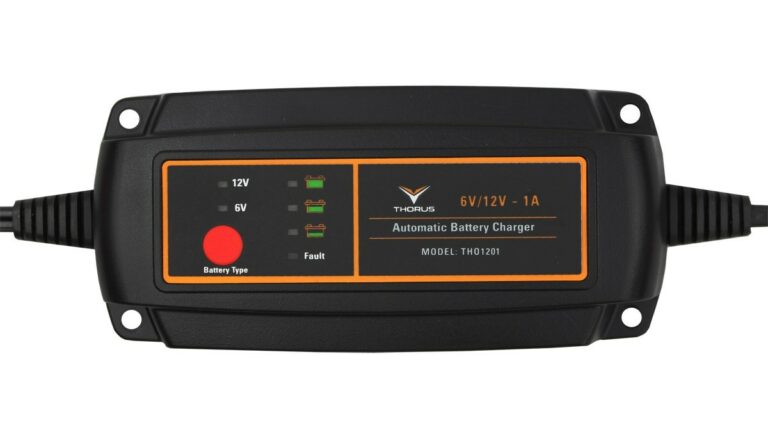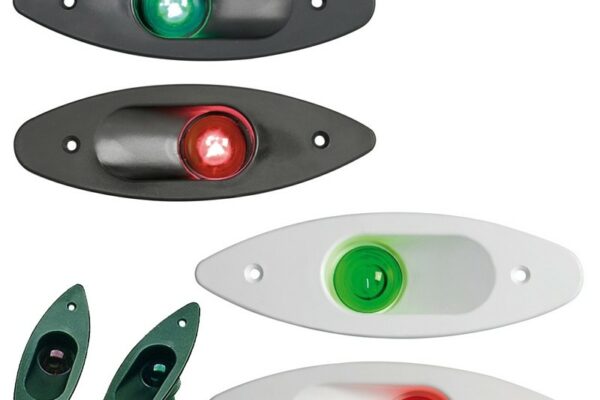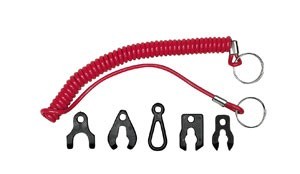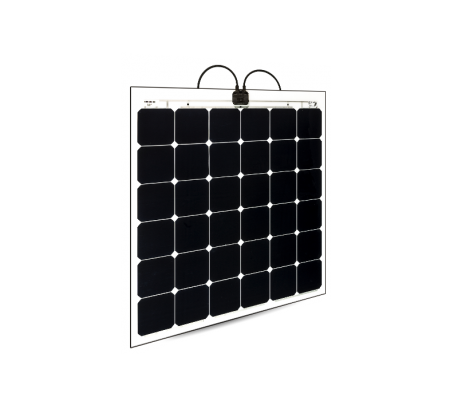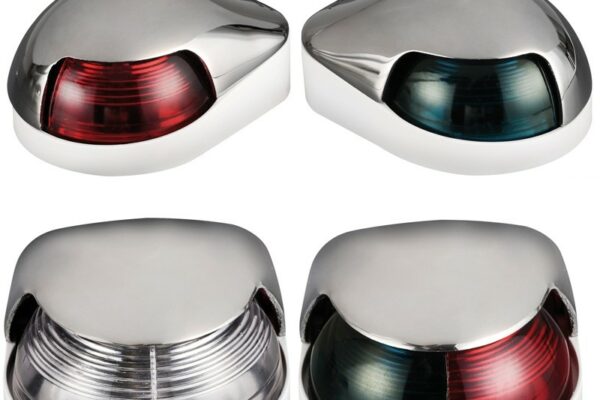To move, the boat will use an engine that is mainly powered by fuel. However, as in the case of the car, it will still need a battery for various tasks such as starting. In order to use it properly, it is necessary to charge it properly.
Choosing the right charger
With a charger, you can recharge your boat’s battery once you are at the dock. These have sockets where you can plug in your battery when you dock. The trick is to choose a boat battery charger that matches the socket as well as the boat. The average power of boat batteries is around 400mA.
It is therefore advisable to use a charger that has between 20% and 25% of this power, i.e. 80mA to 100mA. This way you can be sure that the whole thing will last longer in general. The charge will also be optimal, and there is no risk that the whole thing will discharge too easily.
The alternator solution
This solution should be combined with the boat battery charger this solution is to be combined with the battery charger, to make the charge shorter. Outside of the time when you are at the dock, you can take advantage of the mechanical force generated by your boat. This can be harnessed via an alternator, which generates electricity for the battery.
The whole thing does not, however, provide a full charge for your boat. Instead, it can help to have enough energy for simple tasks like starting. But on the whole, this process cannot be fully relied upon.
Solar panels for the boat
This solution is highly interesting when it comes to your boat’s battery. If the weather is good, you can use sunlight to recharge the batteries. This is a practical alternative that allows you to avoid overcharging your battery at dockside outlets.
On the other hand, the latter are an alternative that will prove useful in case of cloudy weather. Solar energy is characterized by its intermittent nature. It is therefore better not to depend entirely on it, and to provide a boat battery charger. It may not be sunny enough when you need it.
Safety measures for charging
It is important to choose the right charging solution for your battery. If the wattages differ too much, this can cause problems, whether it is too low or too high. Then there is the question of ventilation of batteries.
They tend to get hot, and as they are quite large, the temperature can be very high. In this respect, it is common practice to include ventilation solutions for batteries. Batteries without ventilation solutions may not last long when continuously connected to the boat battery charger. There are even instances where they may explode if you are not careful.

